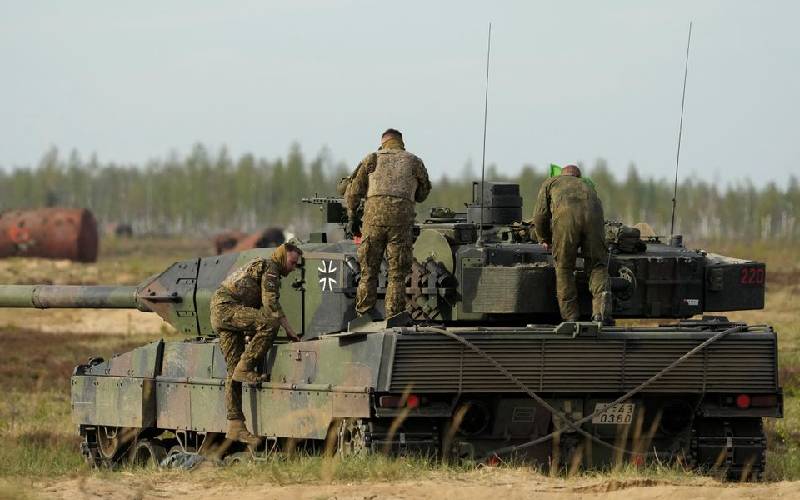
Finland said on Thursday it would apply to join NATO "without delay", with Sweden expected to follow, as Russia's invasion of Ukraine looked set to bring about the very expansion of the Western military alliance that Vladimir Putin aimed to prevent.
The decision by the two Nordic countries to abandon the neutrality they maintained throughout the Cold War would be one of the biggest shifts in European security in decades. Finland's announcement angered the Kremlin, which called it a direct threat to Russia and threatened an unspecified response.